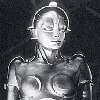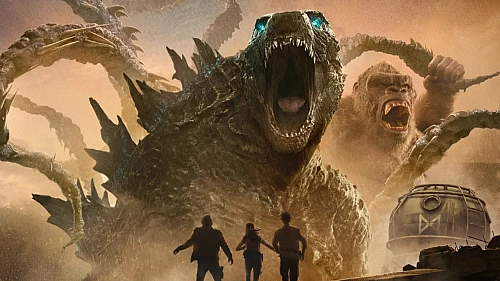Observations on Death, (Beautiful) Women & Representation in BR
Blade Runner Forum Topic

Sawa
MemberNoobNov 8, 20132465 Views5 Replies
[center][/center]
[center][img]http://1.bp.blogspot.com/_ogSQjynqHEE/S79yY4e4BRI/AAAAAAAADHM/rbf4SdRUhMk/s1600/Abbey-Lee+Kershaw+%28401%29.jpg[/img]
[url=http://nextmodelsblog.blogspot.com/2010/04/abbey-lee-i-d.html]"The Space Cadet"[/url] ft. Abbey Lee Kershaw[/center]
[b]Excerpt[/b]: WESTERN culture has a long tradition of associating death with femininity and sex. Whether it is Snow White or Bluebeard's wives, Clarissa or Madame Bovary, Carmen or Madame Butterfly, representations of dead and dying women fascinate and disturb. A Greek motto from Palladas states that "Every woman is as bitter as gall; but she has two good moments, one in bed, the other at her death" (quoted by Mérimée, 181).
According to Edgar Allan Poe, "the death of a beautiful woman is, unquestionably, the most poetic subject in the world" (19). Thomas de Quincey acknowledges ". . . with the love that burns in depths of admiration . . . that you [sister woman] can do one thing as well as the best of us men -- a greater thing than even Milton is known to have done, or Michael Angelo: you can die grandly, and as goddesses would die, were goddesses mortal" (406).
This tradition of conjoining the concepts of death and femininity, along with the tendency to view it as grand or profound, endures in contemporary culture and is most successfully articulated in film. What follows is a detailed analyses and discussion of how the traditionally related notions of death and femininity are treated in one contemporary science-fiction film: Blade Runner.
(1) The ways in which the dead and dying woman is explicitly objectified and spectacularised in death, the tendency and means by which the violence and horror of a woman's death is often obscured or muted, the relationship between death, the feminine and sexuality, and the significance of their dead bodies will all be discussed.
[b]Source[/b]: [url=http://www.kinema.uwaterloo.ca/article.php?id=284&feature]Observations on Death, (Beautiful) Women & Representation in BR[/url]
Bonus link:
[url=http://blackholereviews.blogspot.com/2012/12/breaking-glass-1980-pivotal-time-in.html]Predating Pris: "Breaking Glass" (1980)[/url]
S:)





